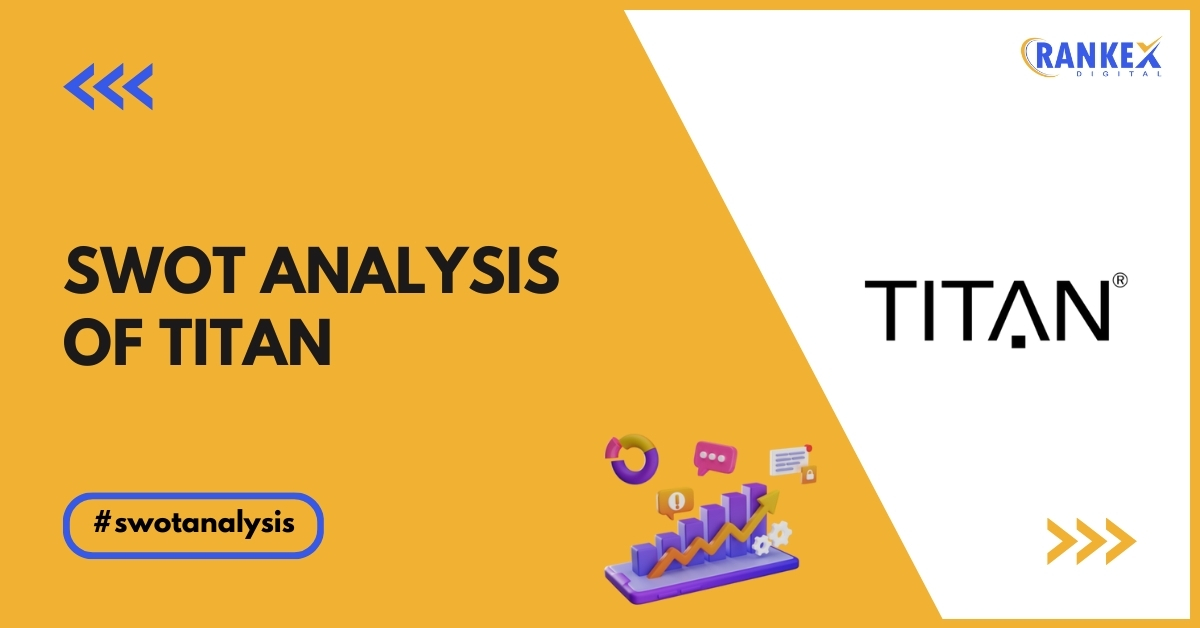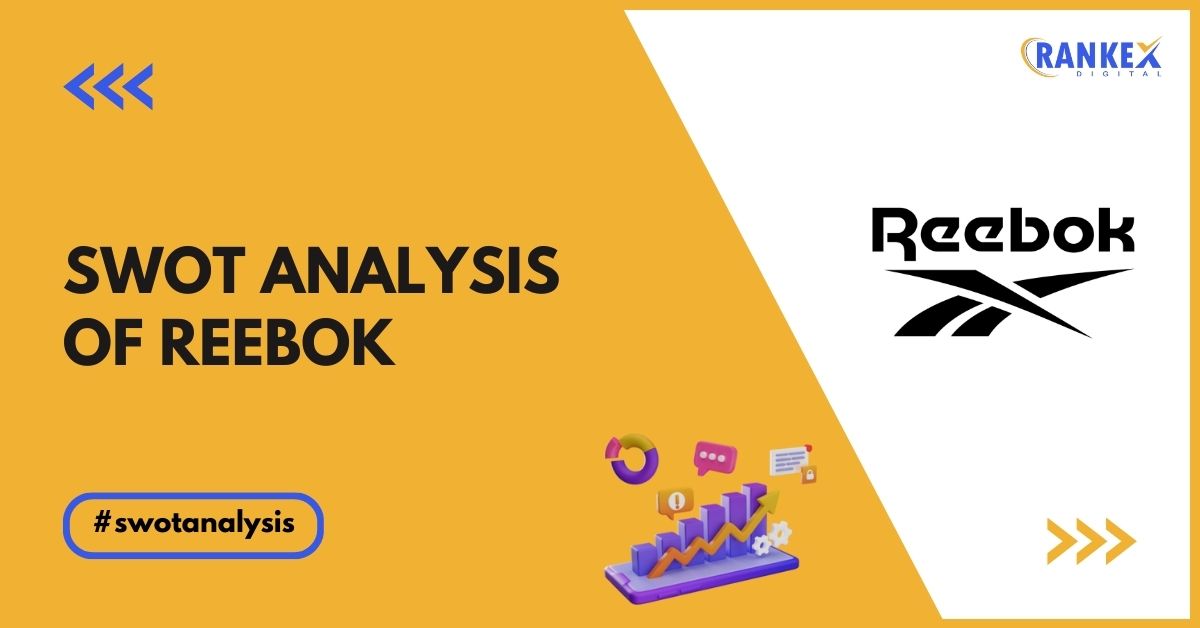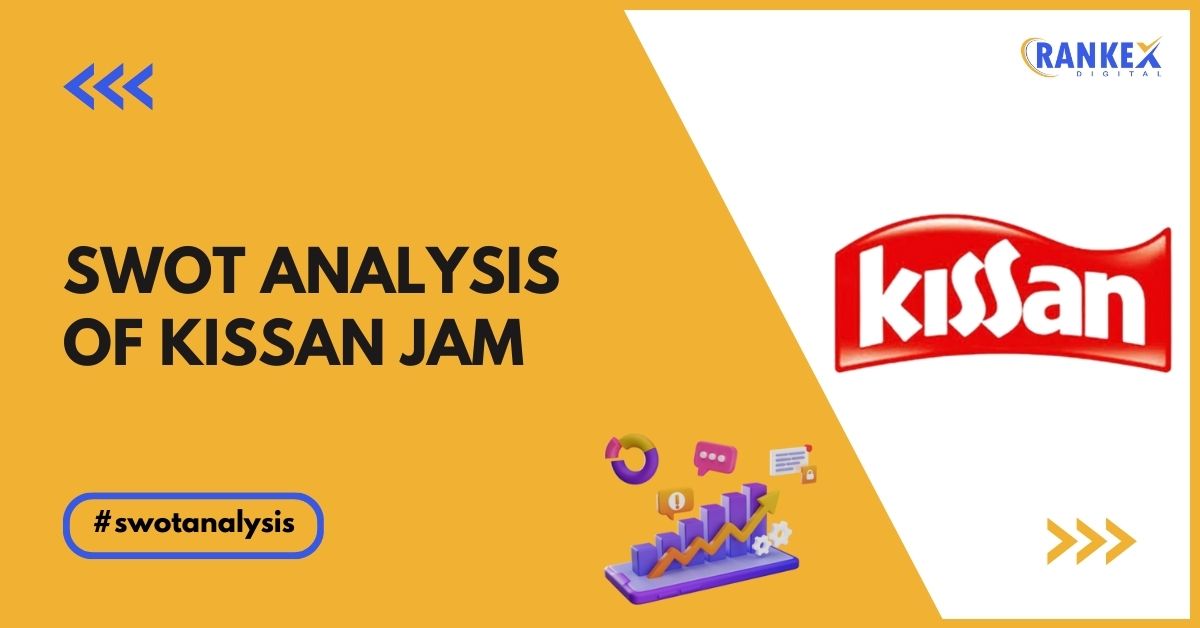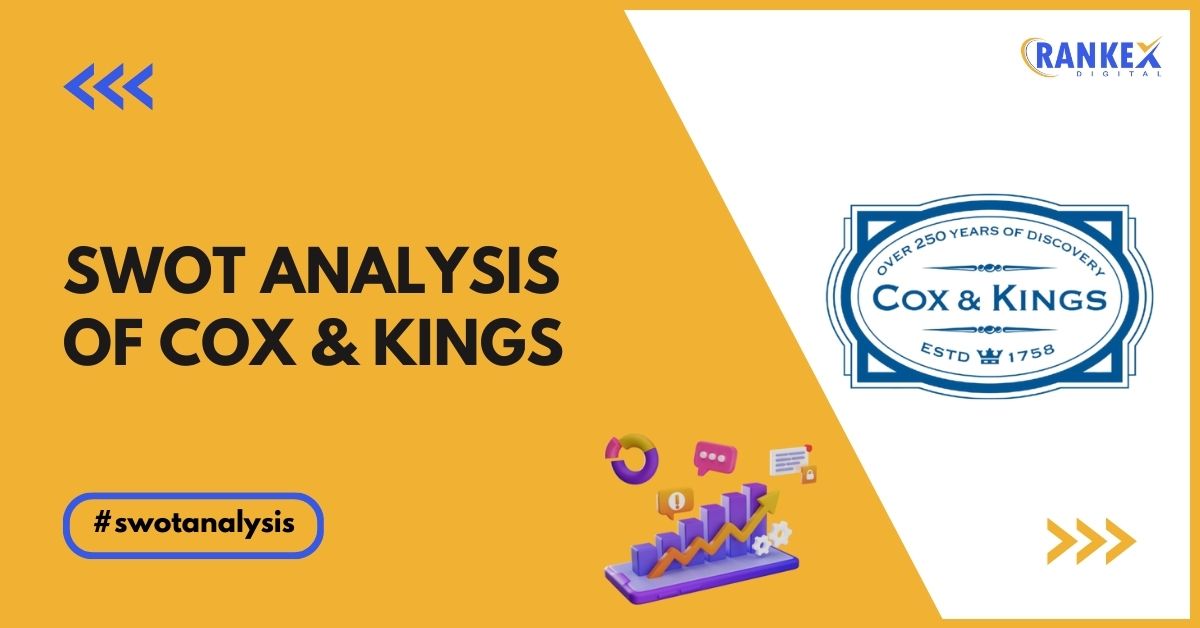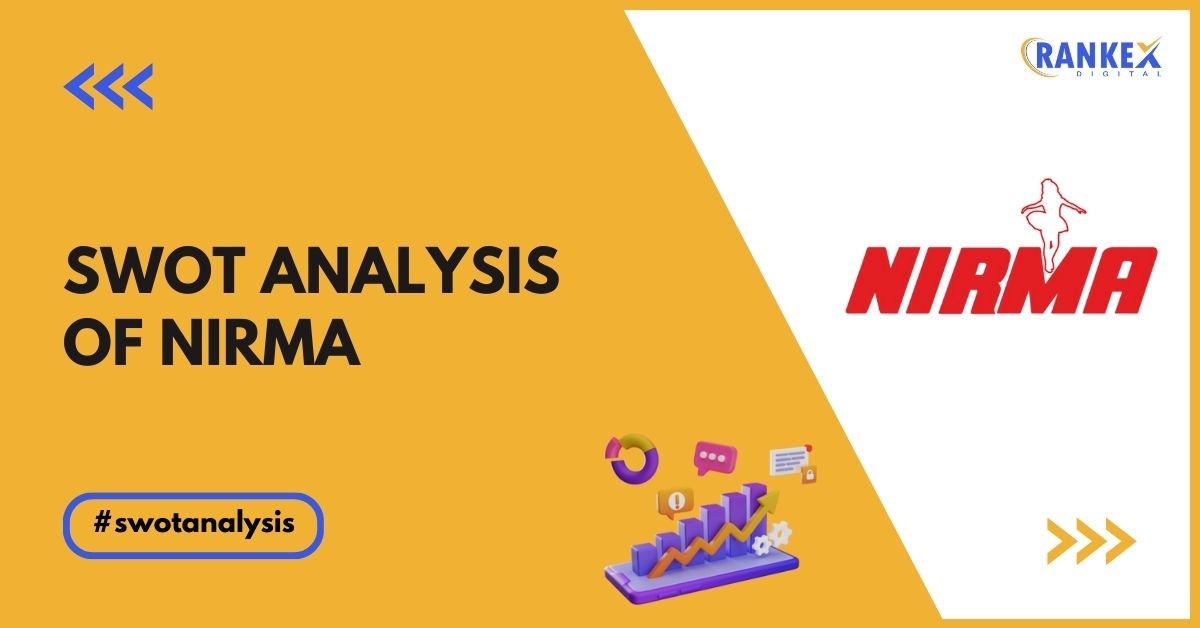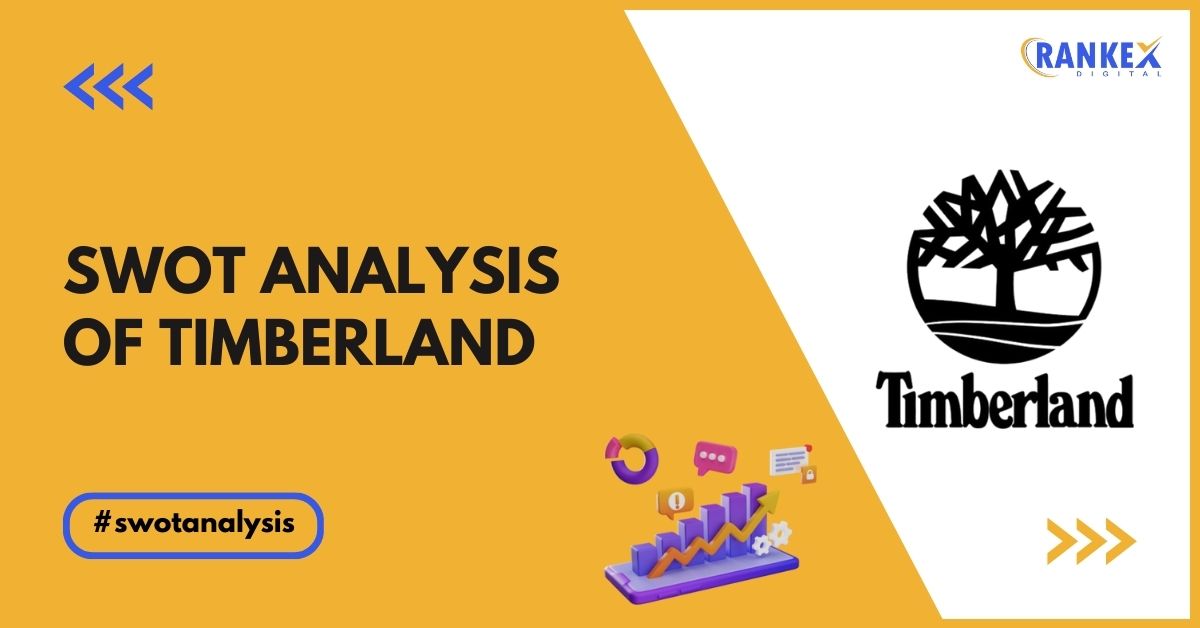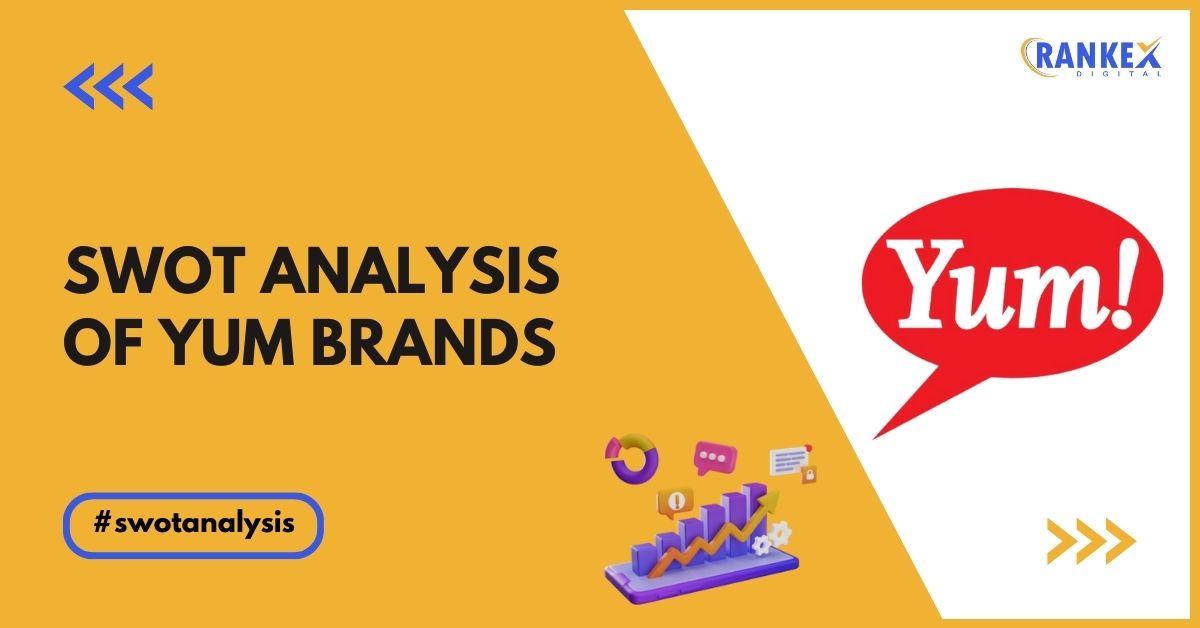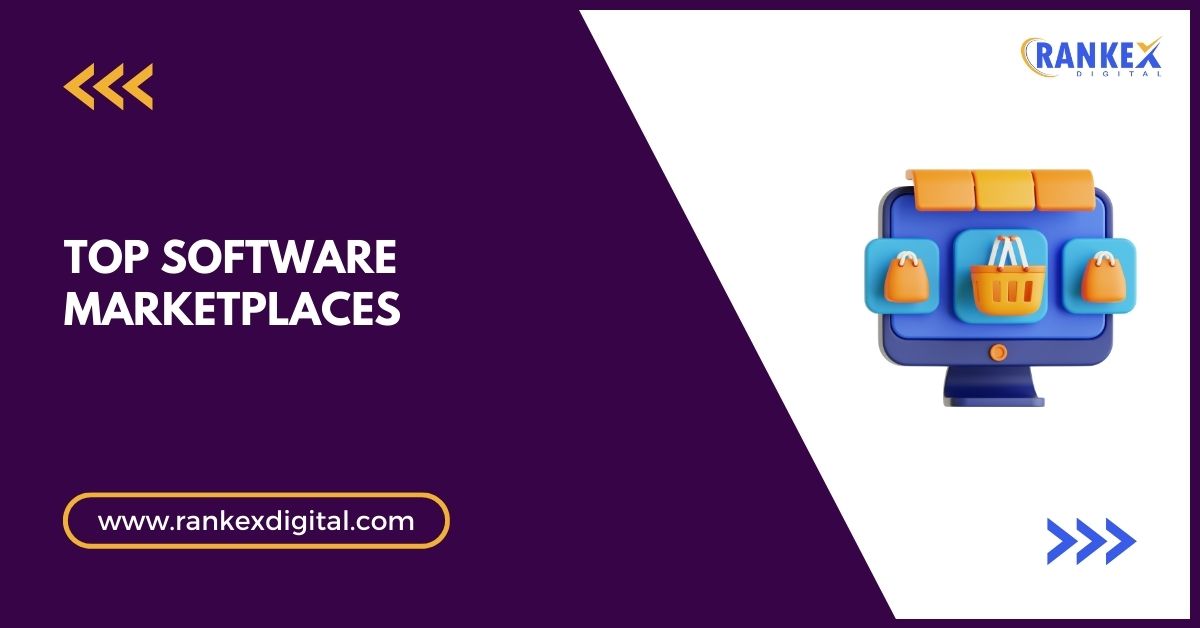Titan Company Limited is one of India’s leading lifestyle and consumer brands, best known for its watches, jewelry, and eyewear.
Established in 1984 as a joint venture between the Tata Group and the Tamil Nadu Industrial Development Corporation, Titan has evolved into a significant player in both the Indian and global markets.
The following SWOT analysis of Titan provides insights into the strengths, weaknesses, opportunities, and threats for Titan Company Limited, illuminating its competitive position and potential for future growth.
In this blog
Overview of Titan Company Limited
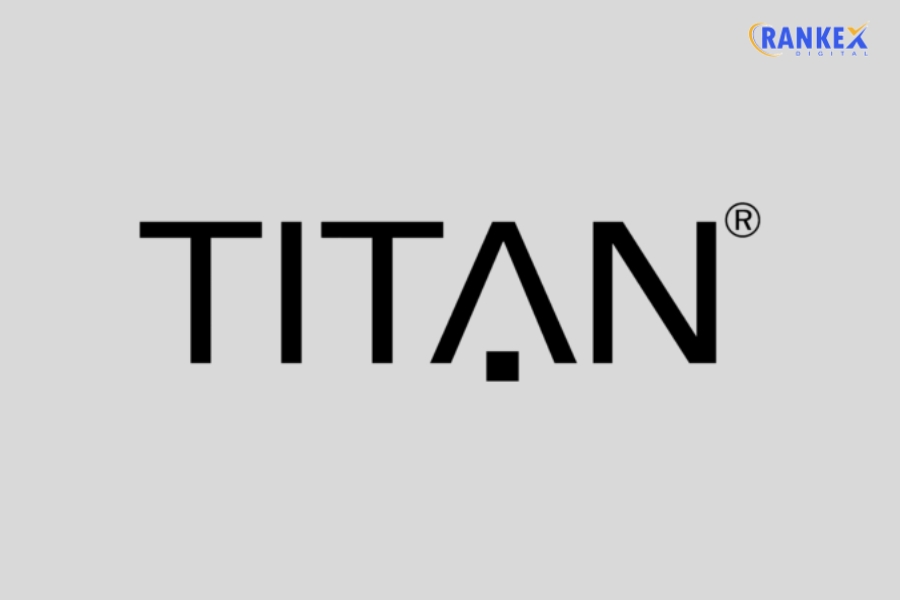
Titan began its journey as a watch company but has since expanded into multiple segments, including jewelry under the Tanishq brand, eyewear through Titan Eyeplus, and recently even into fragrances and accessories. With a strong focus on brand identity, Titan has built a reputation for innovation, design, and customer satisfaction.
Quick Stats About Titan
| Key Aspect | Details |
|---|---|
| Founders | Tata Group and Tamil Nadu Industrial Development Corporation |
| Year Founded | 1984 |
| Origin | Bangalore, Karnataka, India |
| No. of Employees | 7,500+ |
| CEO | C.K. Venkataraman |
| Company Type | Public |
| Market Cap | $24 Billion |
| Annual Revenue | $3.1 Billion |
| Net Profit | $250 Million |
Current News of Titan Company Limited
- Expansion of Tanishq: Titan has been expanding its jewelry brand Tanishq internationally, aiming to cater to the growing global demand for premium jewelry.
- Digital Transformation: Titan has been investing in digitalization, enhancing its online presence, and improving customer experiences through virtual try-ons and e-commerce initiatives.
- Sustainable Practices: Titan has committed to sustainable sourcing for its products, particularly in its jewelry and eyewear segments.
- Strategic Acquisitions: Titan is exploring strategic acquisitions to further diversify its product offerings and strengthen its brand portfolio.
SWOT Analysis of Titan Company Limited
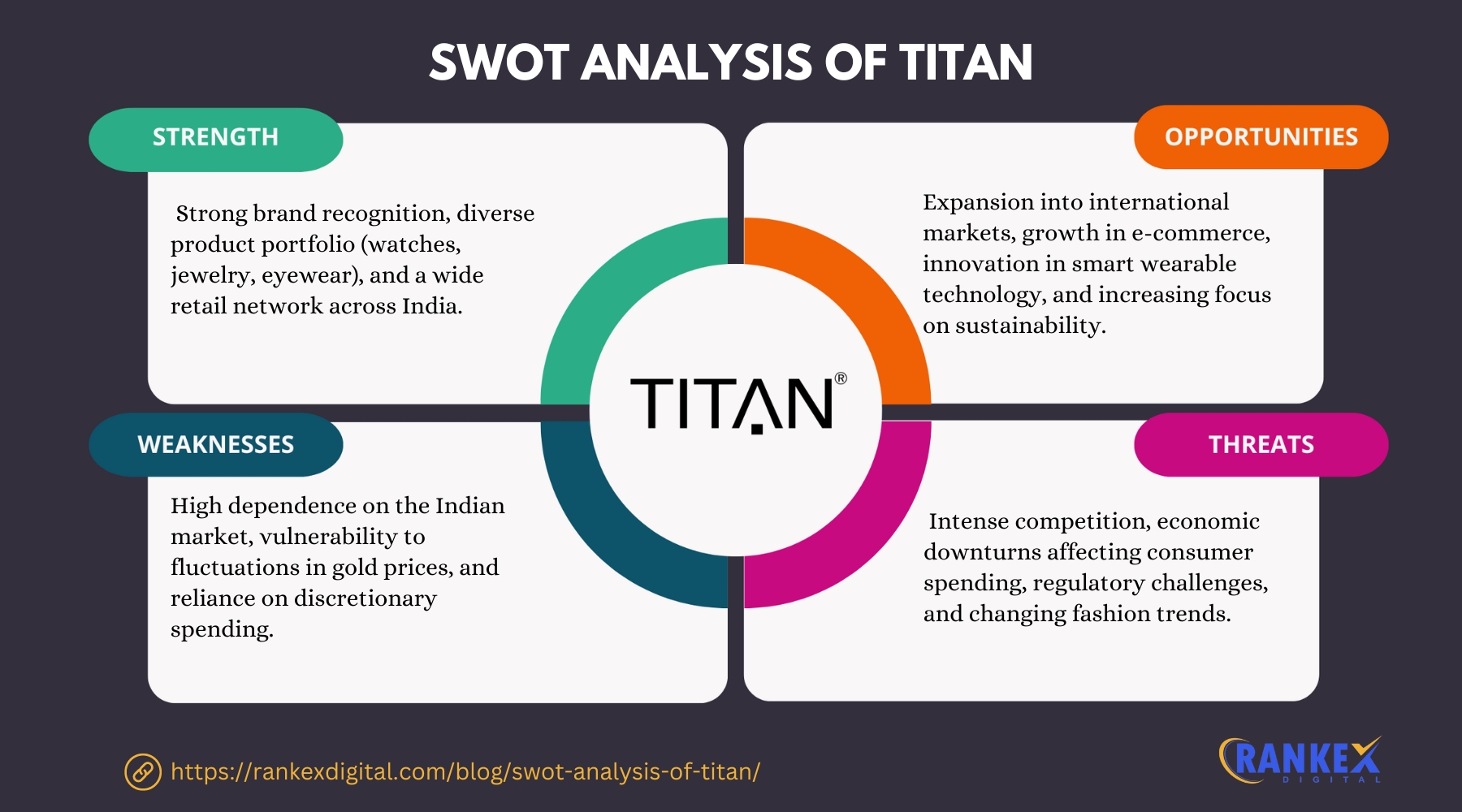
Strengths
- Strong Brand Identity: Titan enjoys a trusted reputation in the Indian market, known for combining style and quality. Its brands like Tanishq (jewelry) and Titan Eyeplus (eyewear) are leaders in their segments, creating a strong emotional connection with customers and reinforcing customer loyalty.
- Diverse Product Portfolio: Titan caters to varied consumer needs with a wide range of products, including watches, jewelry, eyewear, fragrances, and accessories. This diversity enables Titan to reduce risk through multiple revenue streams and reach various customer segments.
- Innovation and Technology: The company prioritizes innovation to stay ahead. For instance, Titan has developed hybrid smartwatches, digital eyewear, and virtual try-on tools for jewelry. These technologies enhance the customer experience and allow Titan to compete with digital-forward brands.
- Extensive Retail Network: Titan has established a comprehensive retail network across India, reaching tier-1 to tier-3 cities. This gives it a significant market presence, as customers often seek the reassurance of a physical store when purchasing lifestyle products.
- Backed by Tata Group: Titan benefits from the financial stability, reputation, and resources of the Tata Group. This support strengthens its credibility, offers financial backing for expansions, and allows it to leverage Tata’s infrastructure for better operational efficiency.
Weaknesses
- High Dependence on Indian Market: Titan’s revenue is predominantly from India, meaning any economic downturn in the country can impact its performance. Although it has begun to explore international markets, it is still largely exposed to the Indian economy.
- Vulnerability to Gold Price Fluctuations: Since Titan’s jewelry business heavily depends on gold, fluctuations in gold prices can affect profit margins. High gold prices can lead to higher costs and potentially impact consumer demand.
- Limited Global Reach: Despite its strong position in India, Titan has a limited international footprint. This limits its ability to compete against global luxury brands and constrains its growth in the global luxury and lifestyle sector.
- Seasonal Demand: Titan’s sales are closely tied to festive and wedding seasons in India, making its revenue streams subject to seasonal variations. This can lead to inconsistent cash flow and affect its ability to maintain steady growth throughout the year.
Opportunities
- Expansion in International Markets: With growing interest in quality Indian jewelry abroad, Titan could tap into international markets. Expanding Tanishq, for instance, can cater to the demand for premium jewelry in countries with significant Indian diasporas or an appreciation for Indian craftsmanship.
- Growth in E-commerce and Digitalization: The rise in online shopping, especially among younger demographics, presents a valuable opportunity. Titan’s investment in e-commerce platforms could broaden its reach and facilitate convenient shopping experiences.
- Increasing Demand for Premium Lifestyle Products: As disposable income increases in India and other emerging markets, the demand for luxury goods is likely to grow. Titan can capitalize on this by offering premium jewelry, watches, and eyewear to attract a more affluent customer base.
- Sustainable and Ethical Sourcing: By committing to ethical sourcing practices, especially for jewelry, Titan can attract socially conscious consumers. The brand could highlight sustainability efforts to strengthen its appeal in global markets where ethical consumption is valued.
- Diversification into New Segments: Titan has the potential to venture into complementary segments, such as luxury accessories, apparel, or digital fitness wearables. This diversification can open new revenue channels and increase its appeal in lifestyle and wellness markets.
Threats
- Intense Competition: Titan faces intense competition from domestic and international brands in watches, jewellery, and eyewear. With new players frequently entering the market, Titan must continually innovate to retain its market share and meet competitive pricing demands.
- Economic Slowdowns: Consumer spending on discretionary items like jewellery and luxury watches tends to decline during economic downturns. As a company in the lifestyle sector, Titan is particularly susceptible to reductions in consumer spending.
- Changing Consumer Preferences: With rapidly evolving consumer preferences, especially among younger audiences, Titan may need to adapt quickly. Younger consumers increasingly favor digital, wearable technology, which could challenge traditional watch demand.
- Fluctuations in Gold and Diamond Prices: Titan’s dependency on gold and diamonds means it is susceptible to price volatility. When prices spike, costs increase, potentially affecting profit margins unless Titan raises prices, which could impact demand.
- Cybersecurity Risks: As Titan expands its e-commerce presence, the risk of cybersecurity breaches grows. Protecting customer data is essential to maintaining trust; any significant security breach could harm its reputation and disrupt its e-commerce operations.
Top Competitors of Titan
- Fastrack: A global watch brand known for its innovation and extensive product range.
- Rolex: A leading luxury watch brand that competes with Titan’s premium offerings.
- LVMH: With brands like TAG Heuer and Bulgari, LVMH is a significant competitor in both watches and luxury goods.
- Kalyan Jewellers: A domestic competitor in the jewelry sector, with a strong presence in India and the Middle East.
- Casio: Competes in the mid-range watch segment, offering digital and analog watches at competitive prices.
Conclusion
The SWOT analysis of Titan Company Limited highlights its strong brand identity, diverse product portfolio, and extensive retail network as key strengths. However, the company also faces challenges like high dependence on the Indian market, seasonal demand fluctuations, and exposure to gold price volatility.
Titan’s growth opportunities lie in international expansion, tapping into the e-commerce boom, and diversifying its product offerings. However, it also needs to navigate challenges posed by intense competition, economic slowdowns, and cybersecurity threats.
By leveraging its strengths, seizing new opportunities, and addressing its weaknesses and threats, Titan Company Limited is well-positioned to continue its growth journey in the lifestyle and consumer goods industry.
Frequently Asked Questions
What is Titan’s primary business focus?
Titan’s primary focus is on lifestyle products, including watches, jewelry, and eyewear. It is a well-known name in these segments with flagship brands like Tanishq, Titan Watches, and Titan Eyeplus. Titan also recently entered new categories, such as fragrances and accessories.
Who are the main competitors of Titan?
Titan faces competition from brands like Swatch Group, Rolex, LVMH, and Casio in the watch segment. In jewelry, domestic competitors like Kalyan Jewellers and Malabar Gold pose a challenge, while international brands in lifestyle products also compete with Titan.
How does Titan manage seasonal demand in the jewelry segment?
Titan experiences high seasonal demand in the jewelry segment, particularly during Indian festivals and wedding seasons. It manages this by preparing inventory in advance, offering promotions, and emphasizing its Tanishq brand’s trustworthiness and quality.
What are Titan’s plans for international expansion?
Titan has been gradually expanding its jewelry brand Tanishq into select international markets to meet growing demand for high-quality, Indian-inspired designs. Titan is exploring further expansion in markets like the Middle East, the USA, and Southeast Asia.
What is Titan’s strategy for digital transformation?
Titan has invested significantly in e-commerce and digital experiences, including virtual try-ons for jewelry and eyewear, which allow customers to try products online before purchasing. Its digital platforms enhance customer reach, especially in regions without a physical store presence.

